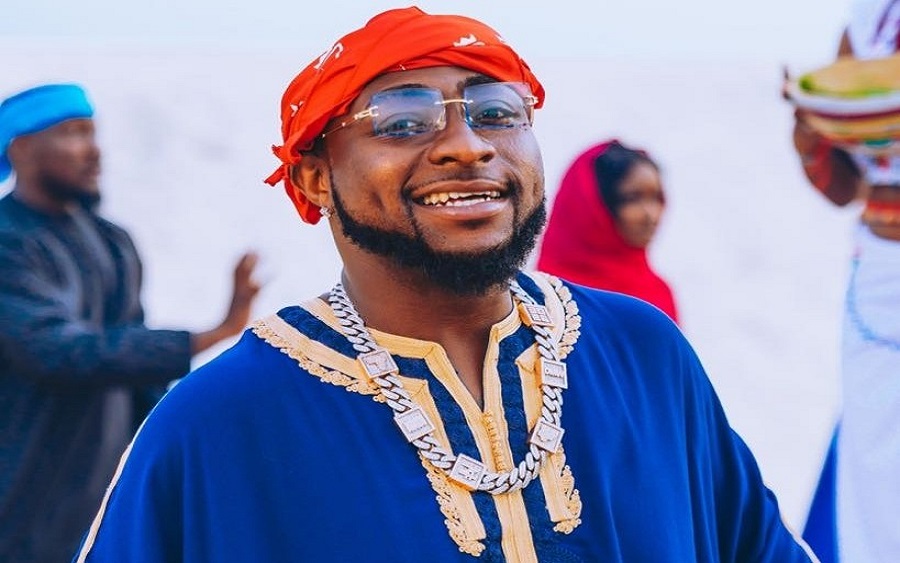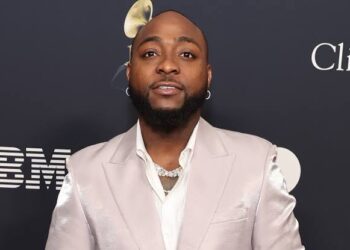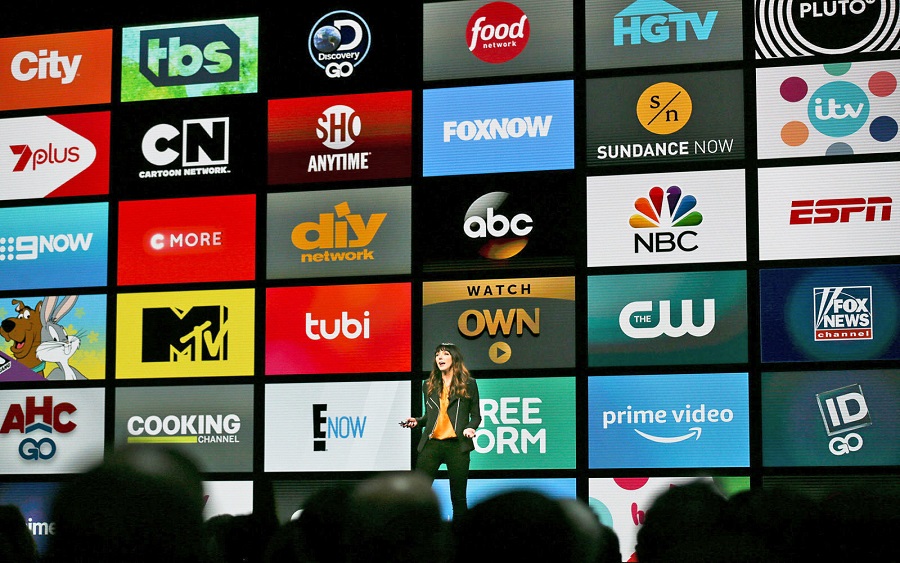The Nigerian music industry has come a long way, from the early times of Afrobeat patriarch, Fela Kuti, King Sunny Adé, Oliver De Coque, and William Onyeabor to the present-day stars like Wizkid, Davido, Burna Boy, Tiwa Savage, and Rema, it has continually evolved while consistently crossing the country’s borders into other parts of the world.
Nigeria’s music industry has been on a winning streak, for example, streaming giant Spotify revealed that revenues generated by Nigerian artists on its platform reached N11 billion ($14 million) in 2022. By 2023, that figure had surged to N25 billion, marking an over 100% year-on-year increase in streaming revenue.
Furthermore, the National Bureau of Statistics reported that motion pictures, sound recording, and music production constituted a significant portion of the arts and entertainment industry’s contribution to the country’s GDP. Specifically, these sectors represented 82.16%, equating to N1.62 trillion, of the N1.97 trillion generated by the arts and entertainment industry. At an exchange rate of N896 as of December 31, 2023 this equates to an industry worth of about $1.81 billion.
While these numbers may seem modest compared to more developed markets, the potential for exponential growth has drawn the attention of major international music conglomerates. These global players have made significant inroads into Nigeria’s music industry by partnering with local record labels and signing recording contracts with popular local artists.
This influx has significantly enhanced production values, benefiting consumers, but has also escalated production costs, challenging creatives. As a result, the role of effective record label management has become more critical than ever.
In the intricate ecosystem of the music industry, record labels and artists are indispensable partners who serve as incubators, supporting emerging artists by providing financial assistance for creation, distribution, and marketing.
As the industry moves towards contributing significantly to the entertainment sector’s projected $15 billion outlook by 2025, the influence of record label CEOs becomes increasingly pivotal. In no particular order here are 10 record label CEOs driving the Nigerian music industry forward by enabling talents and scouting diamonds in the rough.
Oluwatosin Oluwole Ajibade, known as Mr Eazi, is a Nigerian singer, songwriter, and record executive born on July 19, 1991. He pioneered Banku music, which fuses Ghanaian highlife and Nigerian musical elements. In 2008, Mr Eazi moved to Kumasi and attended KNUST, where he started booking artists for college events. His music career took off with a guest verse on “My Life,” a popular KNUST track. He released his debut mixtape, About to Blow, in 2013 and gained international recognition with the single “Skin Tight” featuring Efya. His second mixtape, Life Is Eazi, Vol. 1 – Accra To Lagos, followed in 2017.
emPawa Africa, headquartered in Lagos, is an African talent incubation enterprise known for nurturing emerging artists. Founded by Mr Eazi in November 2018 and operational since 2019, emPawa supports 100 African artists annually with mentorship and a $3,000 grant. It also has a publishing and licensing division, along with a streaming service, emPawa Music. Mr Eazi serves as the Founder and CEO. In 2020, Billboard Magazine recognized emPawa as one of the Gatekeepers of the Nigerian music industry.
Note: The individuals featured in this compilation have been carefully selected by a distinguished panel of editors, experts, and analysts at Nairametrics.
It is important to note that none of the individuals listed have solicited their inclusion. While this list aims to be comprehensive, it is by no means exhaustive; numerous other contributors have played significant roles in advancing the Music and Entertainment industry in Nigeria.
This compilation is exclusive to Nairametrics and may be updated periodically to reflect changes and advancements in the field. Feedback will be appreciated.























